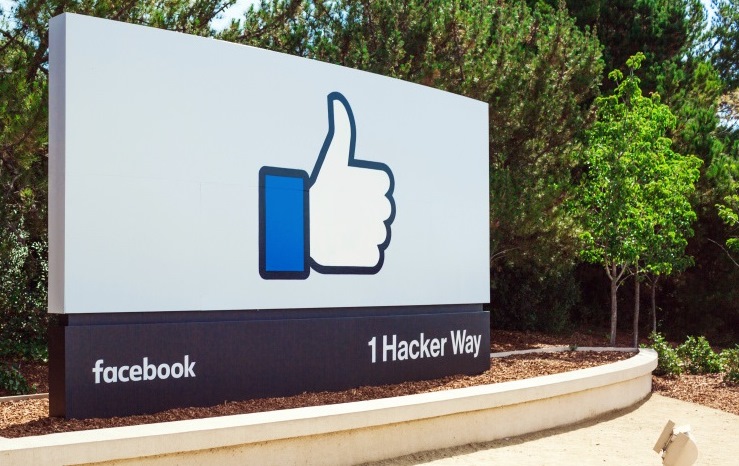Meta, formerly known as Facebook, is not set to introduce end-to-end encryption (E2EE) for messaging on Instagram and Messenger until 2023, according to sources reported by The Sunday Telegraph.
The BigTech firm had originally said it planned to introduce encrypted messaging for Instagram and Messenger by default in 2022.
Encrypted messaging is already the default setting on WhatsApp.
The news comes after The National Society for the Prevention of Cruelty to Children (NSPCC) dubbed private messaging the “frontline of child sexual abuse online” in April of this year.
BigTech’s actions when it comes to contributing to child safety are under the spotlight in the UK.
In October, many tech companies – including Instagram, TikTok, Snapchat, and Twitter – were accused of violating the newly introduced Children’s Code, according to research by charity 5 Rights.
In August, the NSPCC said the number of online grooming cases recorded by police increased by around 70 per cent in the past three years, reaching an all-time high in 2021.
“We’re taking our time to get this right and we don’t plan to finish the global rollout of end-to-end encryption by default across all our messaging services until sometime in 2023,” wrote Antigone Davis, director, global head of safety in The Sunday Telegraph. “As a company that connects billions of people around the world and has built industry-leading technology, we’re determined to protect people’s private communications and keep people safe online.”
Latest News
-
Reddit ‘challenges Australia’s under 16s ban’ with lawsuit
-
BBVA expands ChatGPT to 120,000 employees
-
BIS and Central banks test post-quantum cryptography in payments
-
UK government launches new MedTech qualifications to fight skills gap
-
UK scientists get priority access to advanced AI through Google DeepMind lab
-
Uber Eats rolls out robot couriers in Leeds
The future-ready CFO: Driving strategic growth and innovation
This National Technology News webinar sponsored by Sage will explore how CFOs can leverage their unique blend of financial acumen, technological savvy, and strategic mindset to foster cross-functional collaboration and shape overall company direction. Attendees will gain insights into breaking down operational silos, aligning goals across departments like IT, operations, HR, and marketing, and utilising technology to enable real-time data sharing and visibility.
The corporate roadmap to payment excellence: Keeping pace with emerging trends to maximise growth opportunities
In today's rapidly evolving finance and accounting landscape, one of the biggest challenges organisations face is attracting and retaining top talent. As automation and AI revolutionise the profession, finance teams require new skillsets centred on analysis, collaboration, and strategic thinking to drive sustainable competitive advantage.
© 2019 Perspective Publishing Privacy & Cookies











Recent Stories